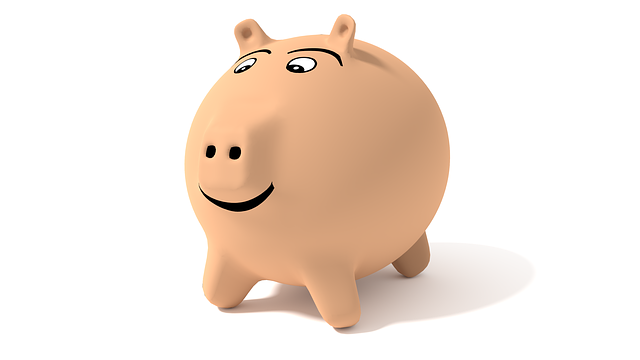Fort Worth auto title loans, though initially popular for quick cash during financial hardships, face scrutiny over high-interest rates, short repayment terms, and debt traps leading to repossessions. To regain public trust, regulatory interventions are crucial, focusing on transparent communication from lenders, promoting safer alternatives, and encouraging financial literacy programs.
“In recent years, public trust in Fort Worth’s auto title loan industry has faced significant challenges. This article delves into the complex landscape of Fort Worth auto title loans, exploring their rise and fall through a lens of consumer confidence. From understanding the basic mechanics to analyzing the factors that shook public trust, we uncover potential solutions. By examining strategies for restoration, we aim to provide insights into moving forward, ensuring a more transparent and trustworthy environment for Fort Worth auto title loan dealings.”
- Understanding Fort Worth Auto Title Loans: A Brief Overview
- The Rise and Fall of Trust in Fort Worth's Auto Loan Industry
- Potential Solutions and Moving Forward: Restoring Public Confidence
Understanding Fort Worth Auto Title Loans: A Brief Overview

Fort Worth auto title loans have gained popularity as a quick financial solution for residents facing temporary cash flow issues. This type of loan is secured by an individual’s vehicle, allowing lenders to offer lower interest rates compared to traditional unsecured loans. Here, borrowers can access a lump sum against the equity in their car, providing much-needed funds. The process is relatively straightforward, typically involving the lender assessing the vehicle’s value and offering a loan amount based on that valuation. Fort Worth auto title loans are particularly appealing for those who need fast cash to cover unexpected expenses or consolidate debts, as the repayment period can be tailored accordingly.
Unlike Houston title loans or even specialized truck title loans, which often have stricter requirements, Fort Worth auto title loans generally require borrowers to have a valid driver’s license and proof of vehicle ownership. Loan requirements are designed to ensure responsible borrowing, ensuring that individuals can repay without facing long-term financial strain. This option provides a sense of security for borrowers, knowing they can retain their vehicle during the loan period while accessing immediate funds, making it an attractive alternative to traditional banking loans.
The Rise and Fall of Trust in Fort Worth's Auto Loan Industry

In Fort Worth, like many cities, auto title loans have long been marketed as quick and easy solutions for those in need of cash. These short-term, high-interest loans, secured by a vehicle’s title, promised immediate funding with minimal red tape. Initially, this model was seen as a valuable option for folks facing unexpected expenses or financial emergencies, offering them the Fort Worth loans they needed without traditional credit checks. The industry grew rapidly, attracting numerous lenders and sparking a bustling market of auto title loan services.
However, as time went on, concerns about the industry’s practices began to surface. Critics argued that these deals often trapped borrowers in cycles of debt due to high-interest rates and short repayment periods, making it difficult for them to keep your vehicle as collateral. The promise of easy money seemed to eclipse the potential financial strain, leading to a rise in default rates and repossessions. Consequently, public trust in Fort Worth’s auto title loan industry began to wane, casting a shadow over what was once seen as a convenient solution for many.
Potential Solutions and Moving Forward: Restoring Public Confidence

To restore public confidence in Fort Worth auto title loans, several potential solutions can be explored. First, regulatory bodies should enhance transparency and accountability by mandating clear communication of terms and conditions to borrowers, including interest rates, repayment schedules, and potential penalties for early repayment or default. This open approach can dispel myths and alleviate concerns about hidden fees.
Additionally, promoting alternative lending options that offer more favorable terms, such as lower interest rates and flexible repayment periods, can attract consumers looking for secure loans without the stringent requirements of car title loans. Encouraging financial literacy programs and partnerships between community organizations and lenders can also empower individuals to make informed decisions, fostering a healthier credit environment in Fort Worth.
Public trust in the Fort Worth auto title loan industry has been significantly shaken due to recent controversies. By understanding the complexities of these loans and implementing robust regulatory measures, there is a clear path forward. Restoring public confidence requires transparent practices, better consumer education, and increased oversight. With the right strategies, Fort Worth can move towards a more stable and trustworthy auto loan landscape, ensuring both lenders and borrowers benefit from fair and ethical deals.






